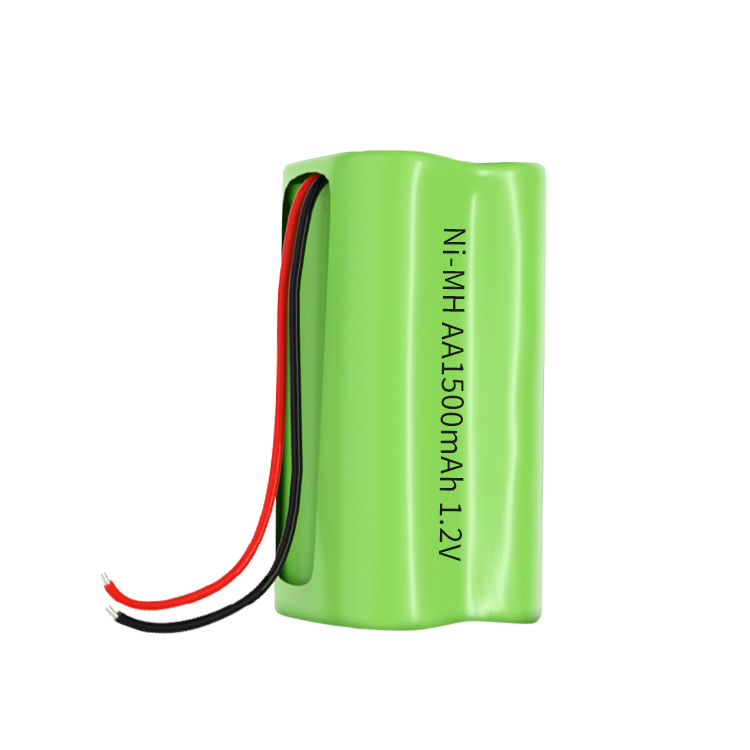Time:2024.12.30Browse:0

1. 18650 lithium battery in use
In the application of 18650 lithium batteries, improper operation and usage may also pose safety hazards to rechargeable batteries. For example, if the battery is overcharged and loses power, long-term battery charging can cause the charging battery to swell. Once the internal temperature exceeds the preset value, extreme conditions may lead to a short circuit fault in the charging battery, leading to ignition or explosion accidents.
Due to non-standard testing of 18650 lithium batteries, counterfeit and inferior rechargeable batteries with unstable characteristics have been injected into the sales market, making rechargeable batteries with inherent safety hazards even more unsafe. Therefore, standard experimental procedures, selecting suitable charging battery experimental control modules, rigorously recording experimental results, and conducting maintenance on charging batteries with any quality issues are the key to the 18650 lithium battery experiment.
2. Raw materials for 18650 lithium batteries
In daily life, the commonly used 3C lithium batteries also generate high temperatures during charging. The positive electrode active material of the battery will automatically dissolve, and the electrolyte of the lithium battery will oxidize in the air, resulting in a significant amount of heat generation, further increasing the battery temperature and endangering the reliability of the rechargeable battery; At high temperatures, the positive electrode material of rechargeable batteries can react chemically with the electrolyte of lithium batteries, leading to overheating, ignition, and explosion accidents, posing a certain risk.
3. Production and manufacturing process of 18650 lithium batteries
Lithium batteries have strict standards in manufacturing, and the quality of lithium battery materials, the uniformity of the slurry, the automatic control system for gluing and slicing, and so on, are all crucial. Every process flow can endanger the safety performance and quality of rechargeable batteries. The process flow of lithium batteries can be divided into: incorrect materials for positive and negative electrode materials, gluing, cutting, shearing, rolling, adding lithium battery electrolyte, conversion, capacity division, nailing, installation, etc.
Read recommendations:
Colorful T style strap
How to Take Explosion Proof Technical Measures for Explosion Proof Lithium Batteries.18650 battery 1
Analysis of the charging and discharging mechanisms of lithium batteries
402427 battery wholesaler
18650 battery pack